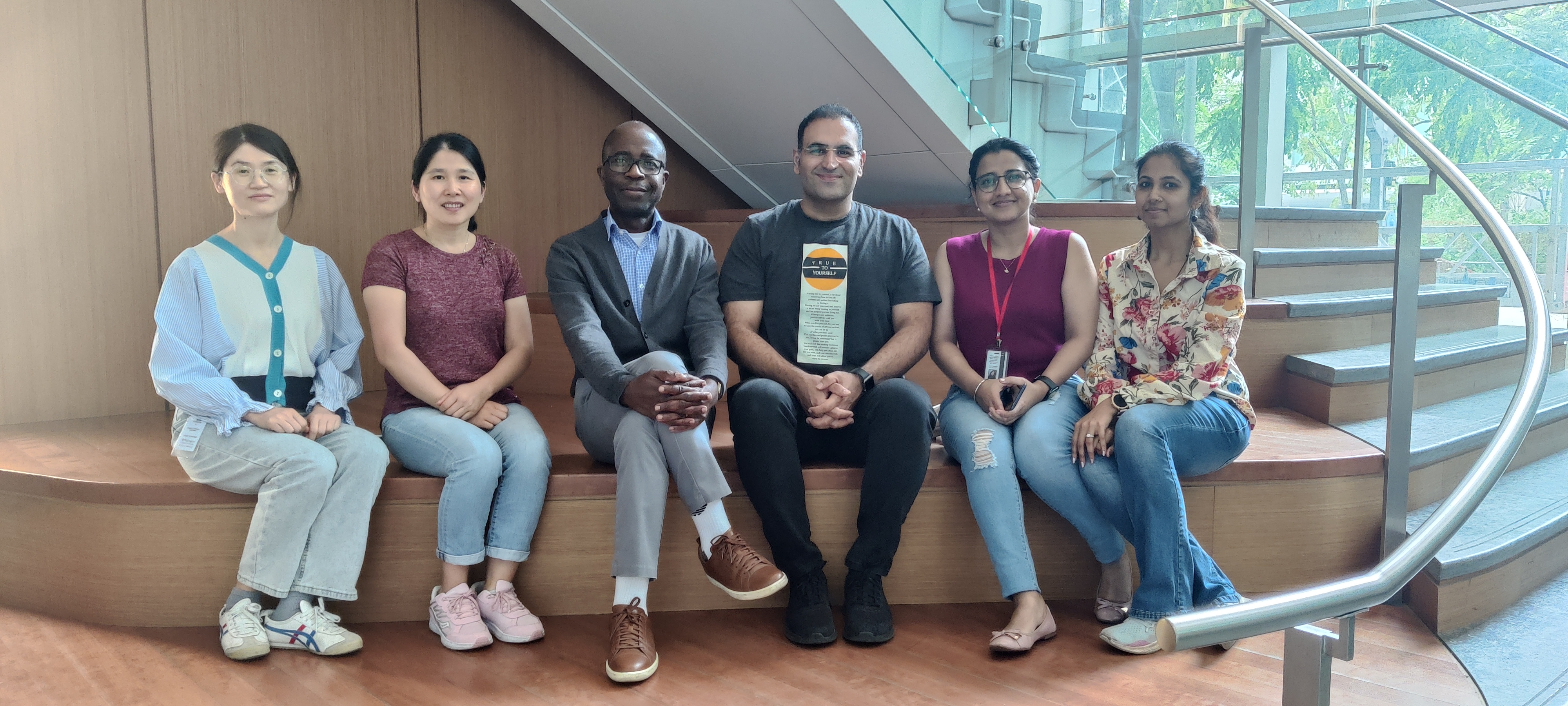
Research focus
The research in my lab focuses on understanding the mechanisms through which the inflammasomes cause tissue damage in response to physiological perturbations, and in elucidating the mechanisms of inflammasome regulation along the macrophage/osteoclast lineage.
Current projects
The inflammasomes are protein complexes that are assembled when their sensing components (members of the pathogen recognition receptors) recognize pathogen-associated molecular patterns (PAMPs) or danger-associated molecular patterns (DAMPs). Caspase-1, the catalytic component of the inflammasomes, is responsible for the maturation of IL-1β and IL-18, and the processing of gasdermin D (GSDMD). GSDMD N-terminal fragments form plasma membrane pores that facilitate the secretion of IL-1β and IL-18 and cause the inflammatory form of cell lysis called pyroptosis. The inflammasome complexes are also nucleated and activated by gain-of-function mutations of their receptors.
We study the responses of normal mice and mice harboring loss-of- or gain-of-function mutations of various components of the inflammasome pathways to challenges such as injury, radiotherapy, and chemotherapy. We complement genetic strategies with pharmacological approaches. The expectations are that knowledge gained from these animal studies will help understand how dysregulated inflammasome functions in humans contribute to defective restoration of tissue homeostasis after injury and exacerbate off-target effects of anti-neoplastic therapies.
Macrophages differentiate into osteoclasts under the influence of well-defined bone environmental cues, a process that is associated with downregulation of inflammasome activities. While macrophages are key players in innate immunity and the clearance of debris, the osteoclasts are specialized in the removal of organic and inorganic bone elements. Thus, the immune function of macrophages is lost during osteoclastogenesis. We are interested in deciphering the molecular mechanisms that downregulate the inflammasome pathways during this differentiation process.
Publications
Lab members
- Saumya Bhagat, PhD, Post-doctoral Research Associate
- Kushpreet Kaur, PhD, Post-doctoral Research Associate
- Chun Wang, PhD, Instructor in Medicine
- Yongjia Li, PhD, Staff Scientist
- Hamidreza Hajirezaei, MD, Visiting Researcher
- Yael Alippe, PhD, Post-doctoral Research Associate
- Sheri L. Bonar, MS, Senior Research Technician
- Manisha Dixit, PhD, Post-doctoral Research Associate
- Jacqueline Kading, BS, Research Technician II
- Dustin Kress, Pre-med Student
- Chao Qu, PhD, Post-doctoral Research Associate
- Sheree Speckman, PhD, Post-doctoral Research Associate
- Kai Sun, PhD, Visiting Scientist
- Tong Yang, MD Candidate, Visiting Student
- Jeong Sung Yeop, BS, Research Technician II
Join this lab
To inquire about available positions for DBBS graduate students or postdocs, please contact Dr. Mbalaviele by email at gmbalaviele@wustl.edu.
